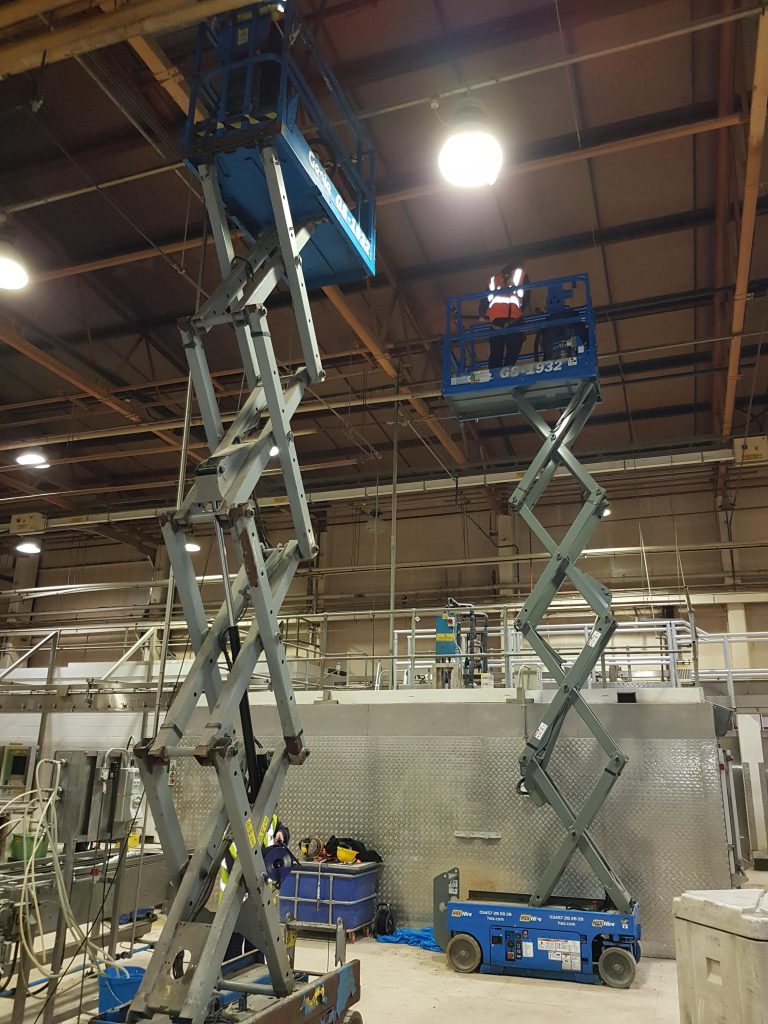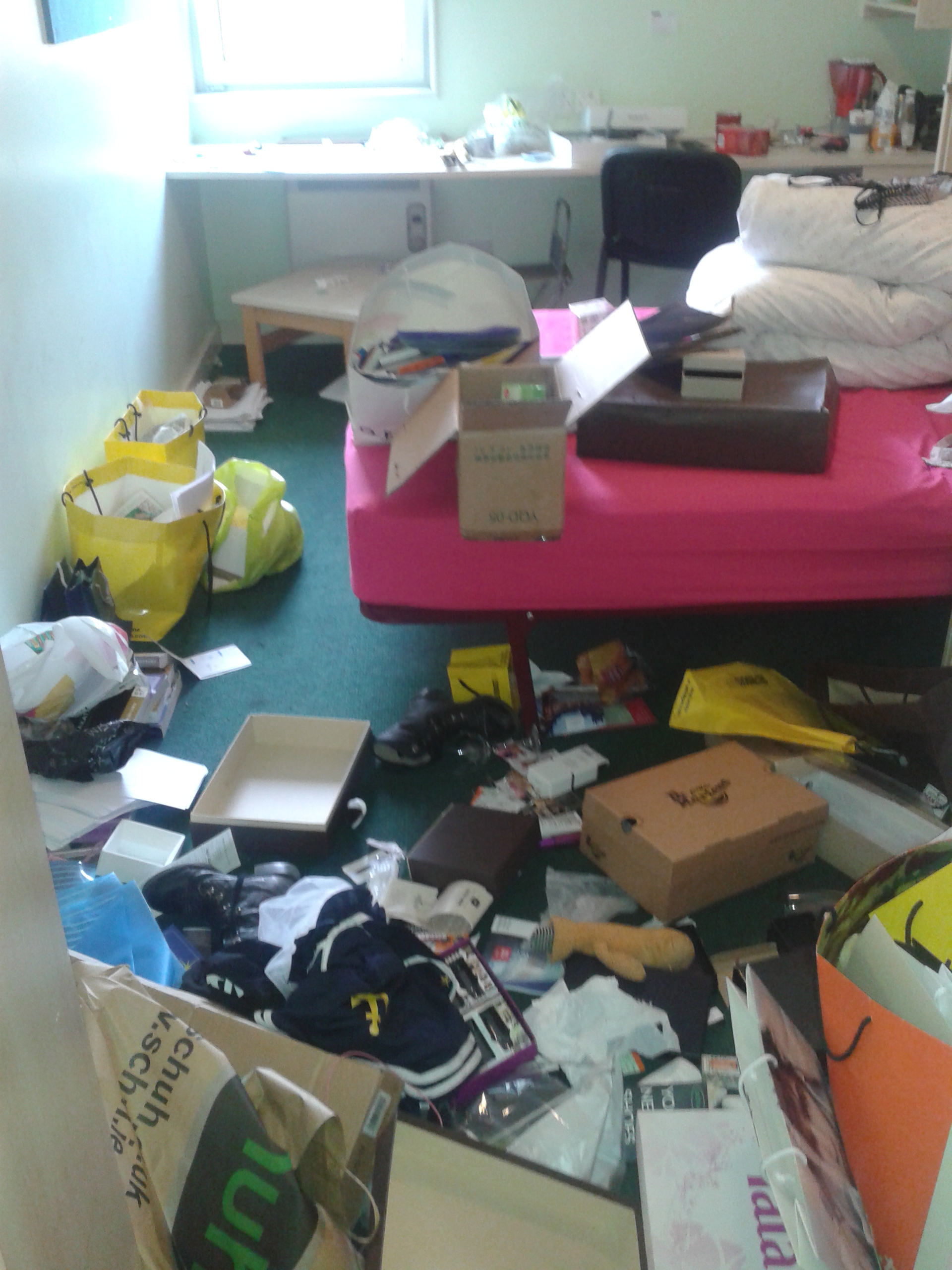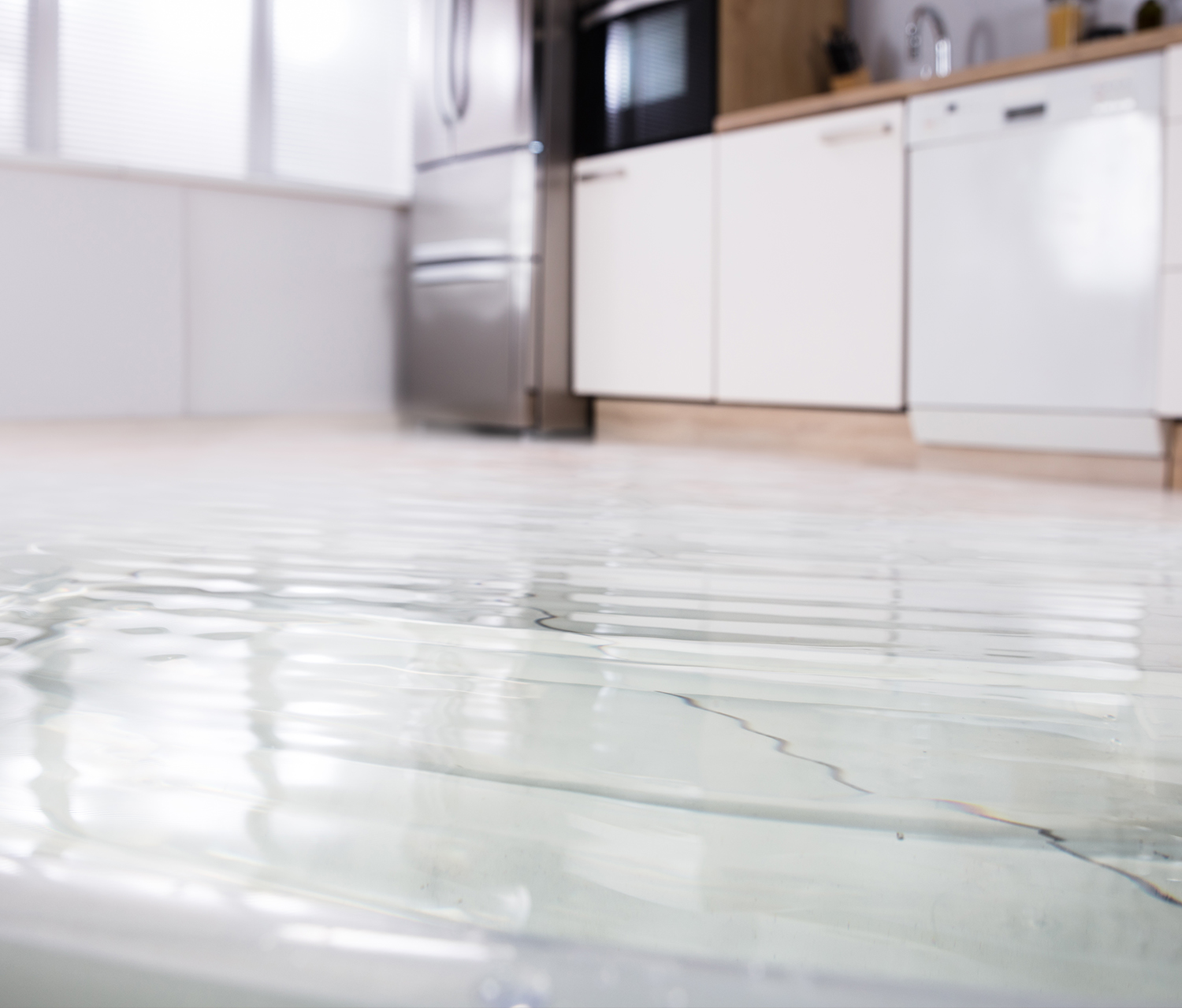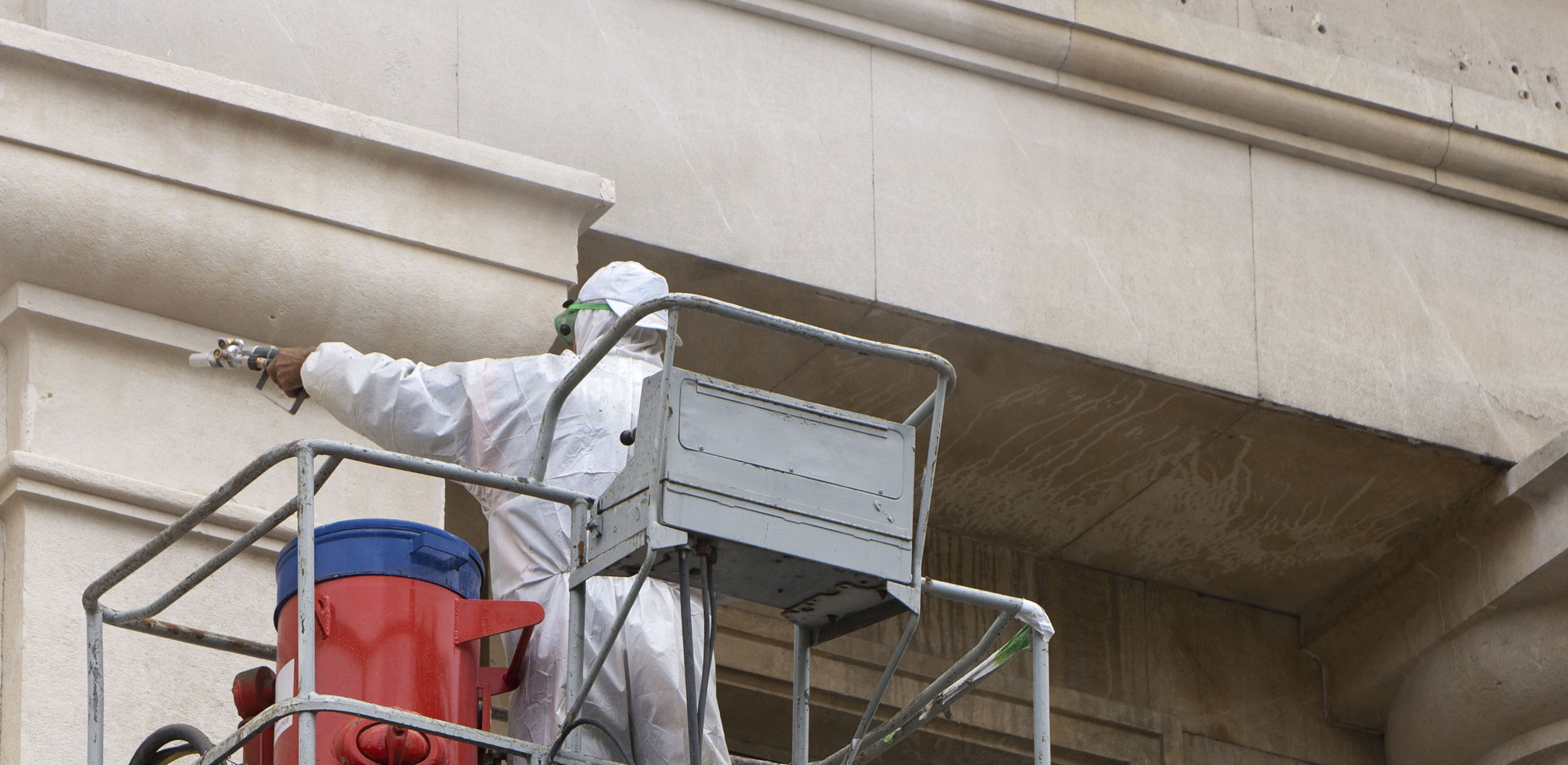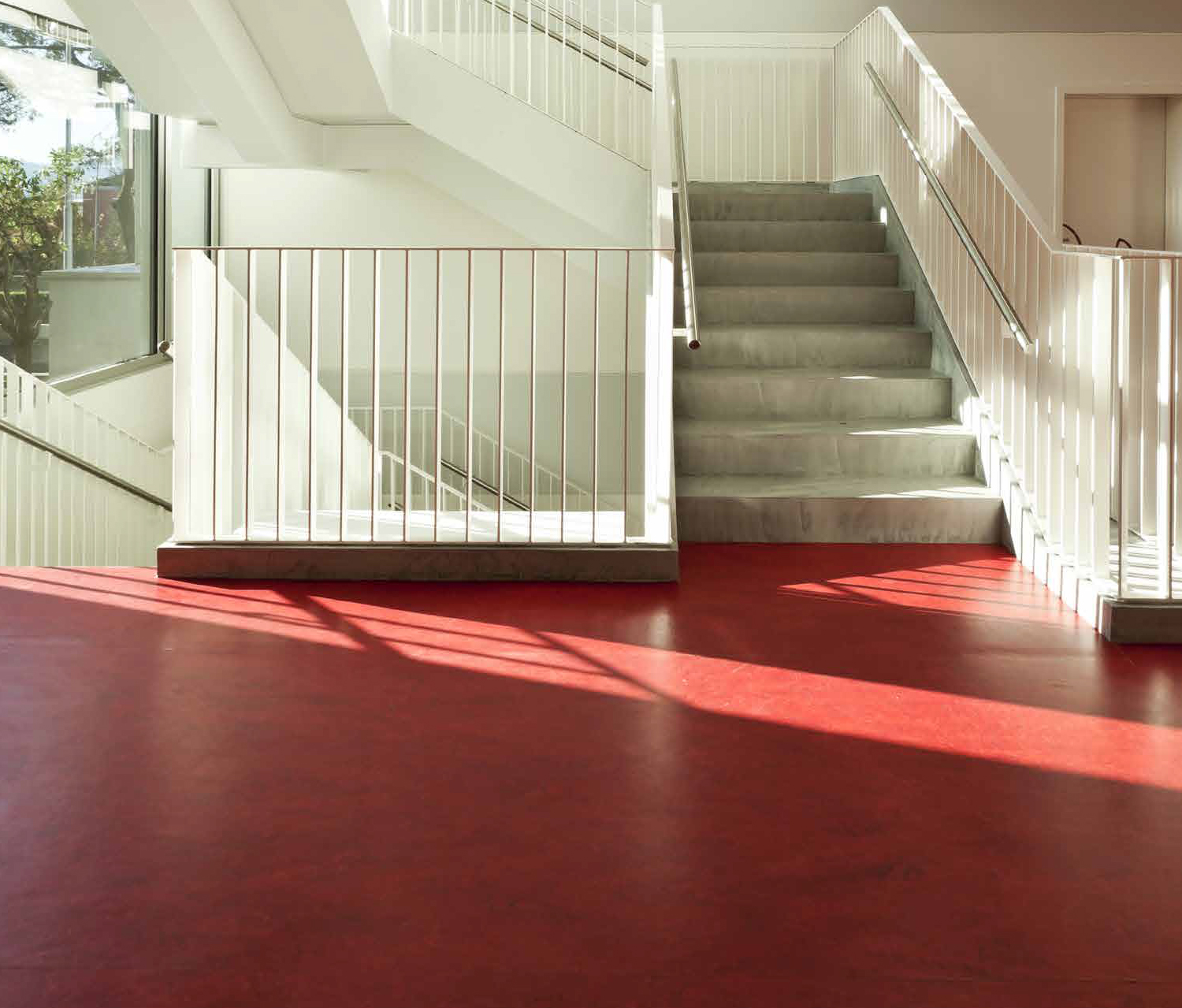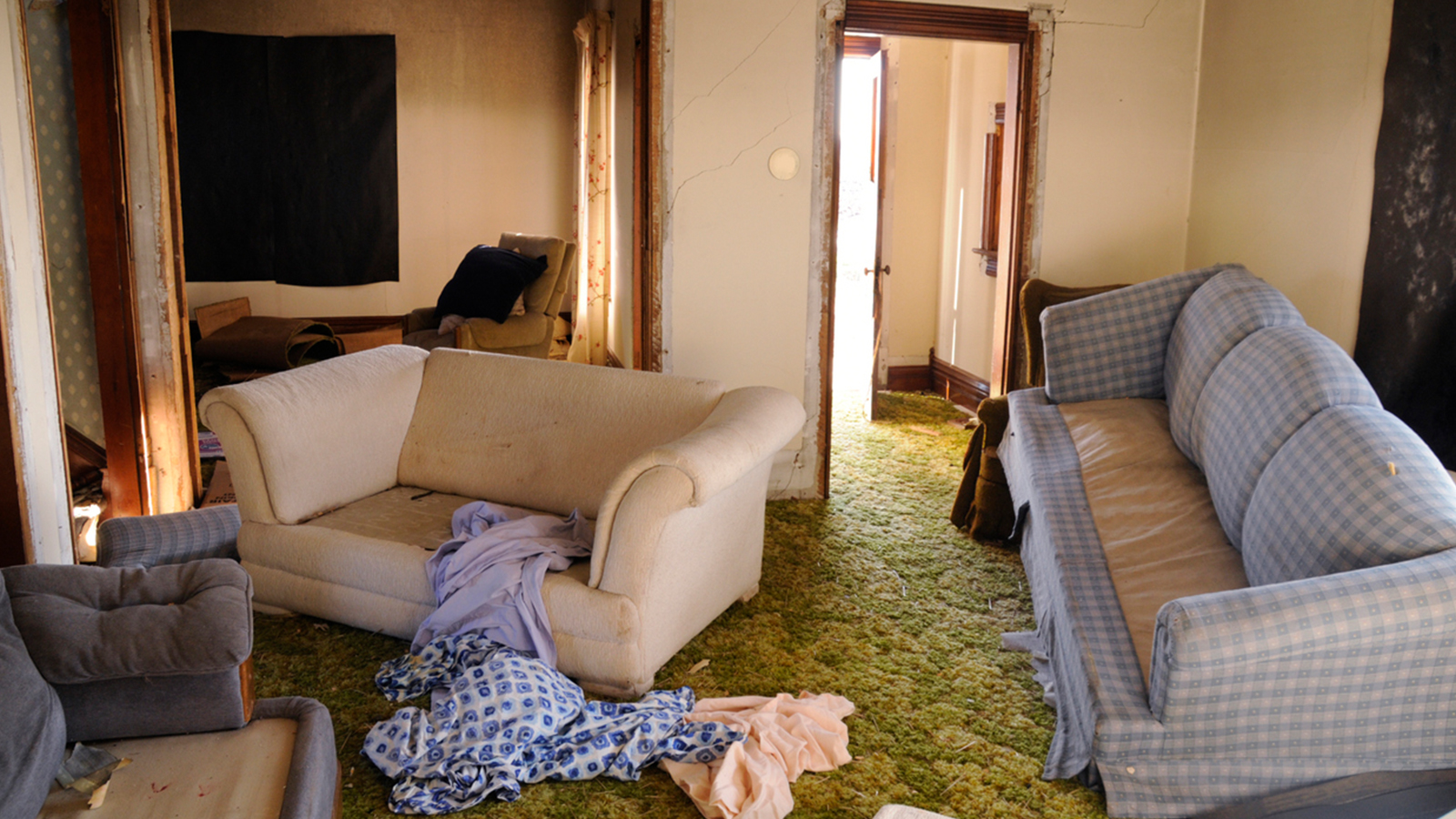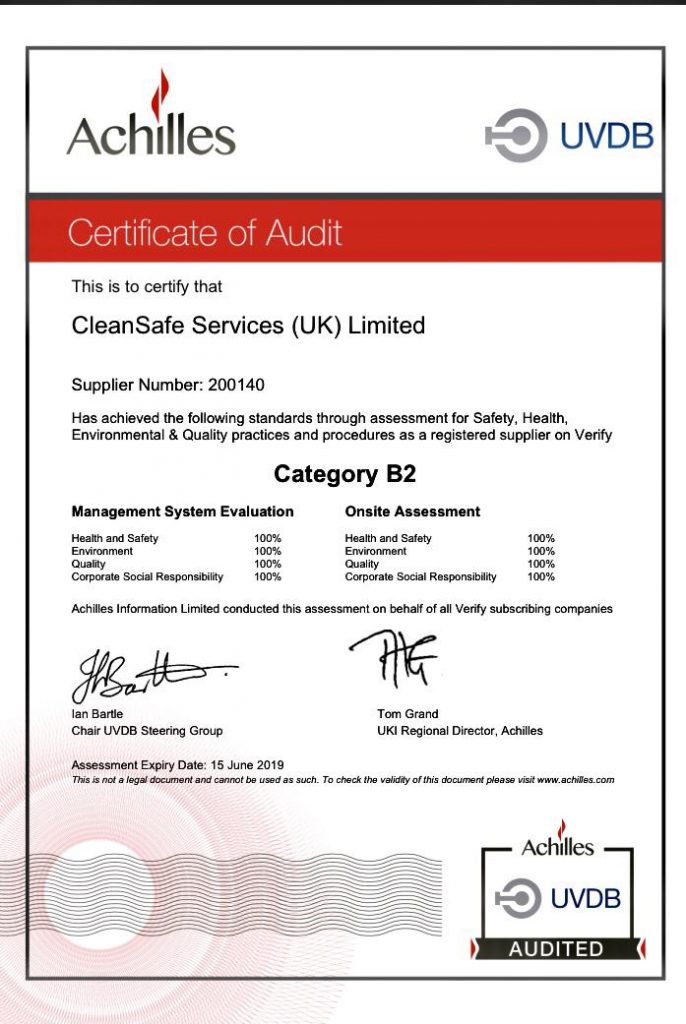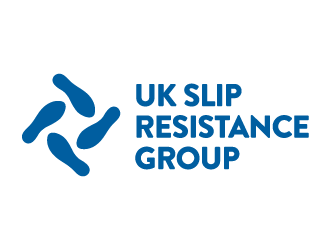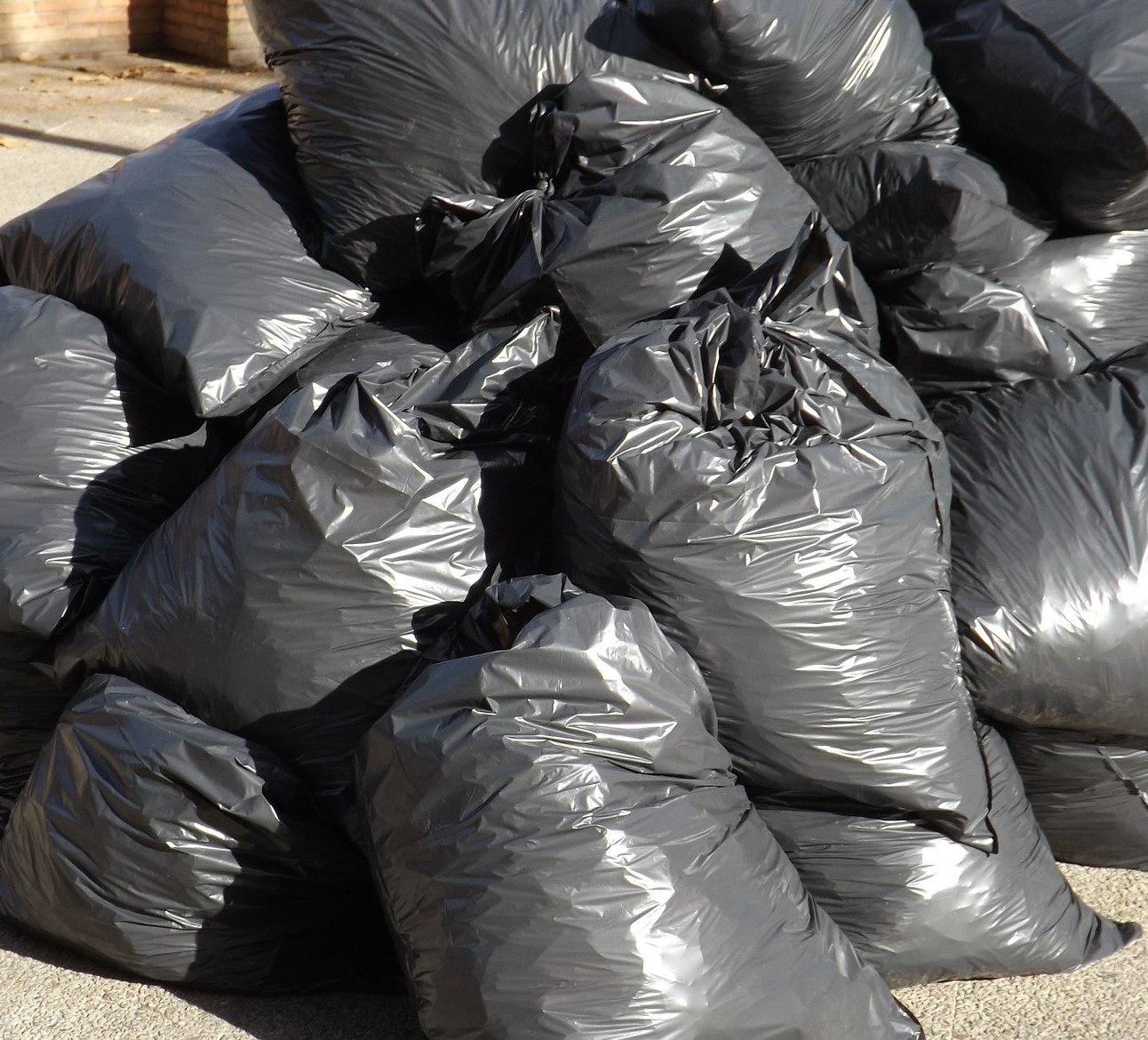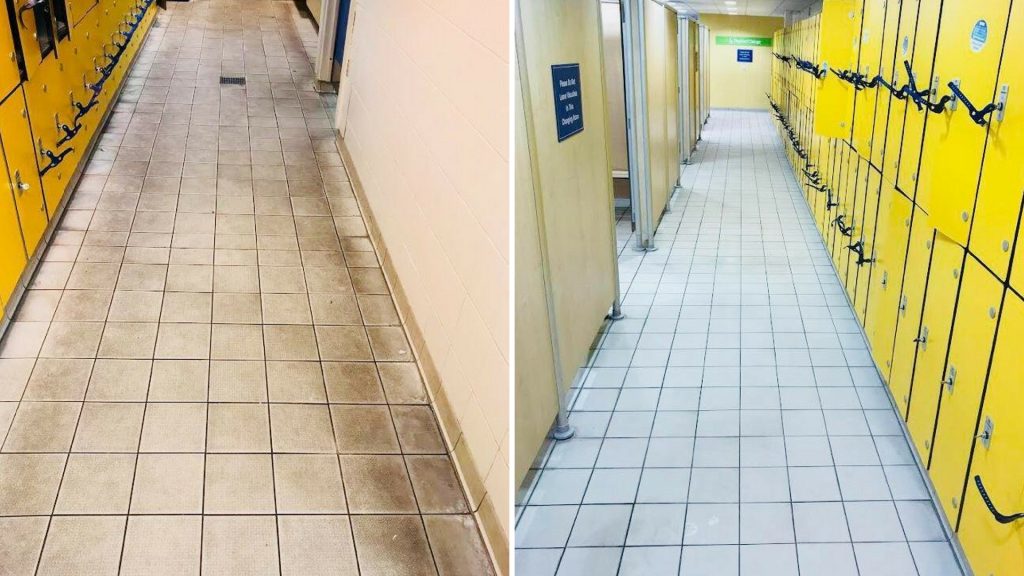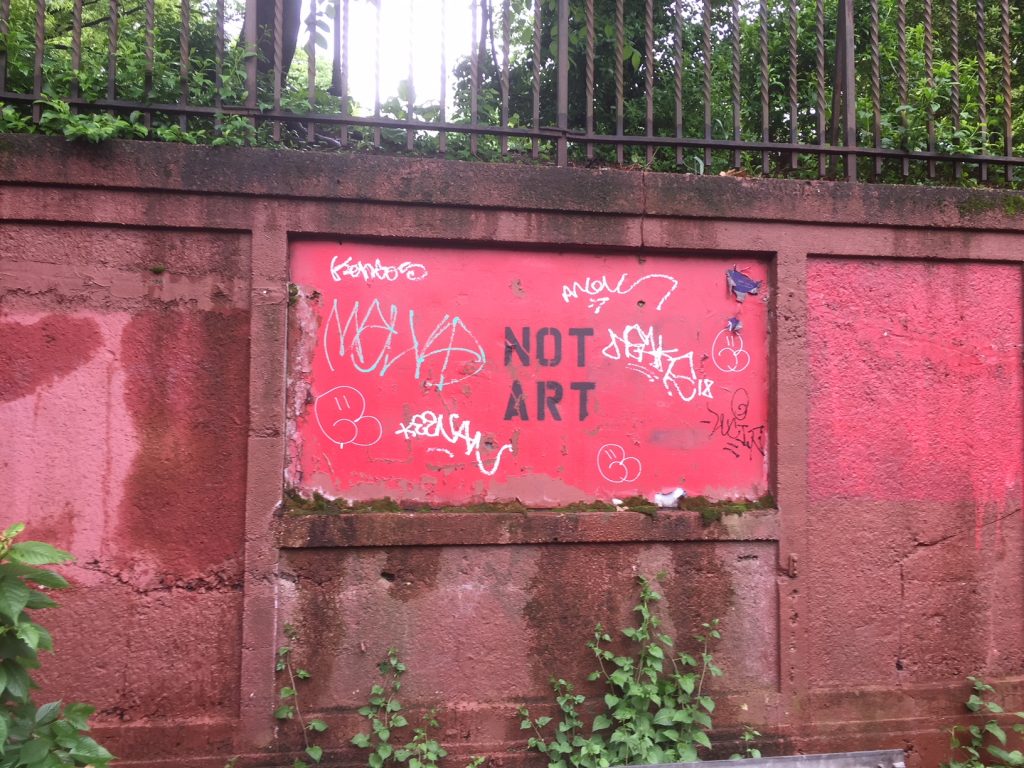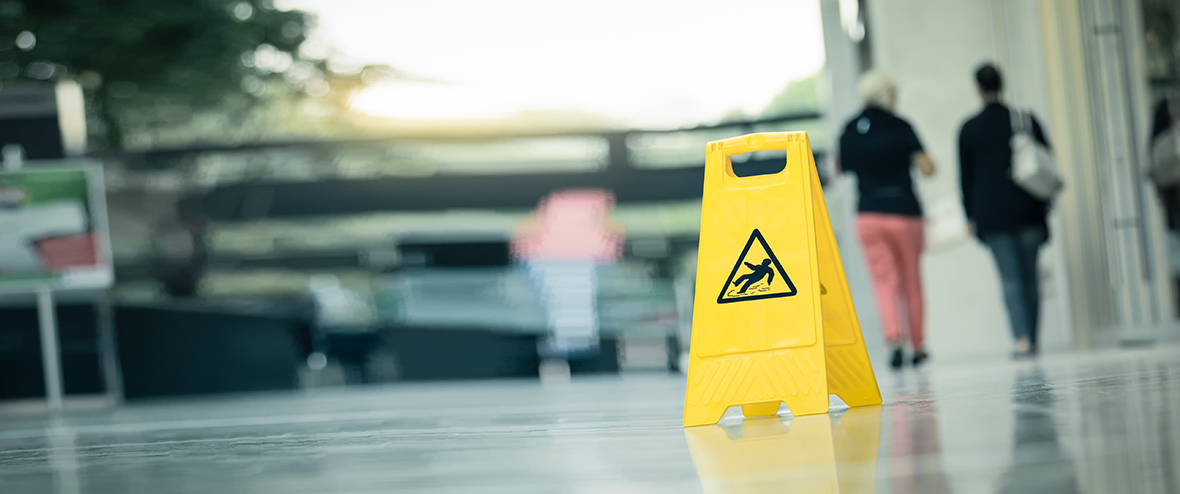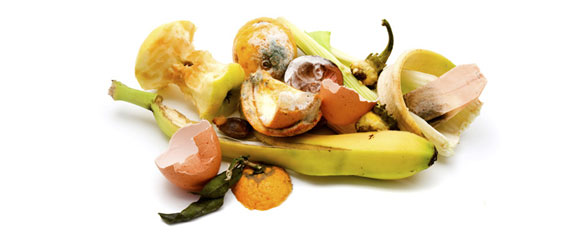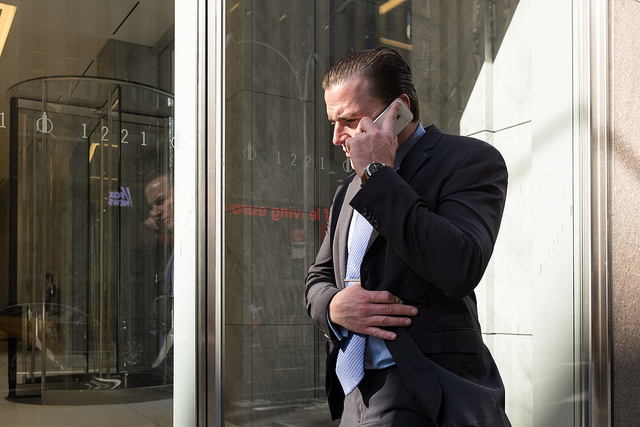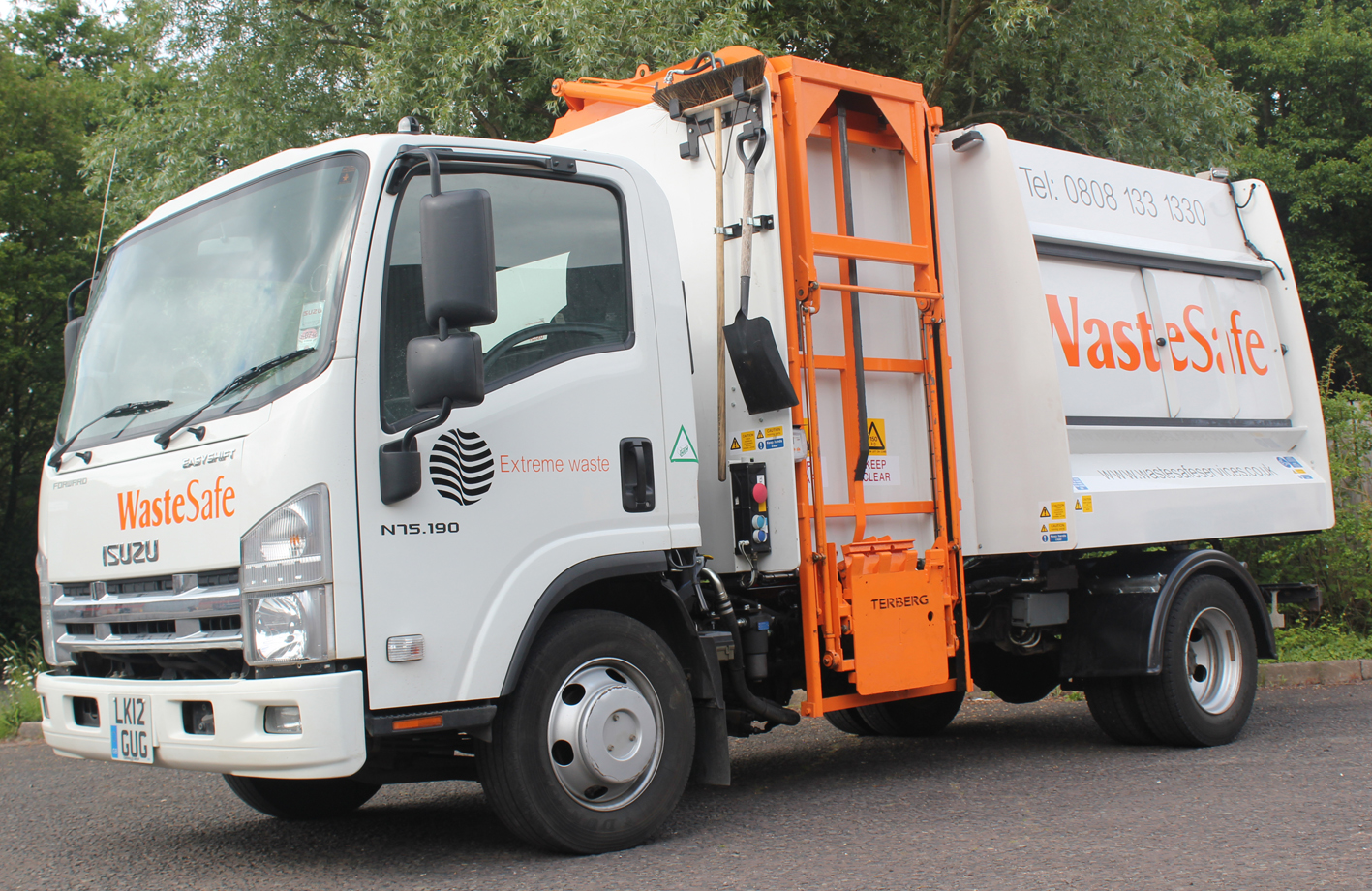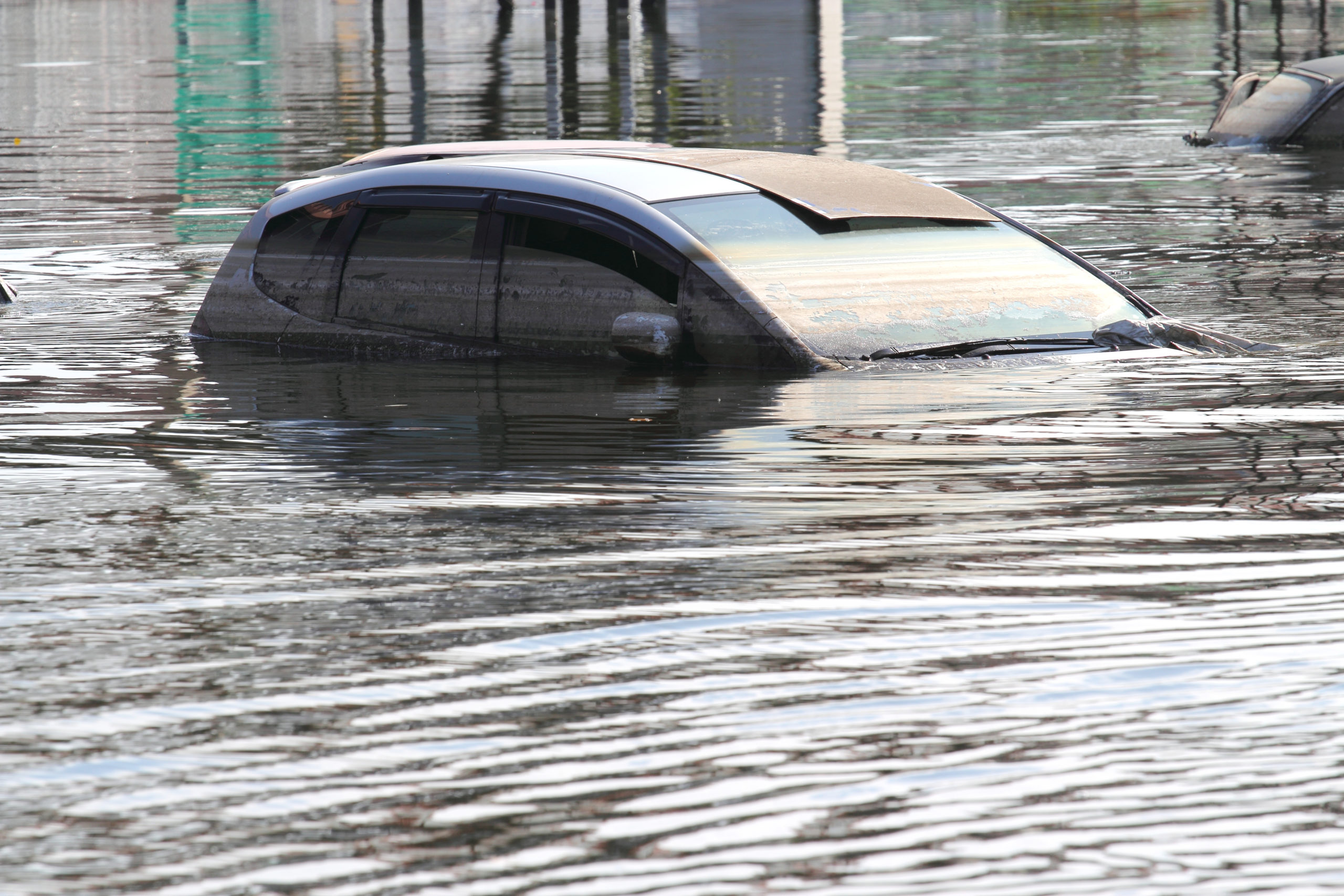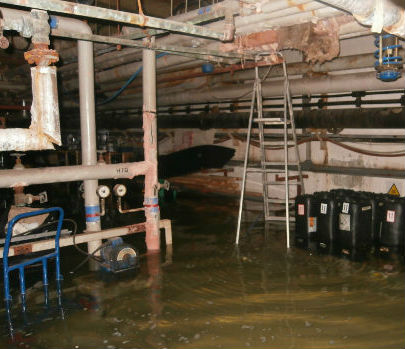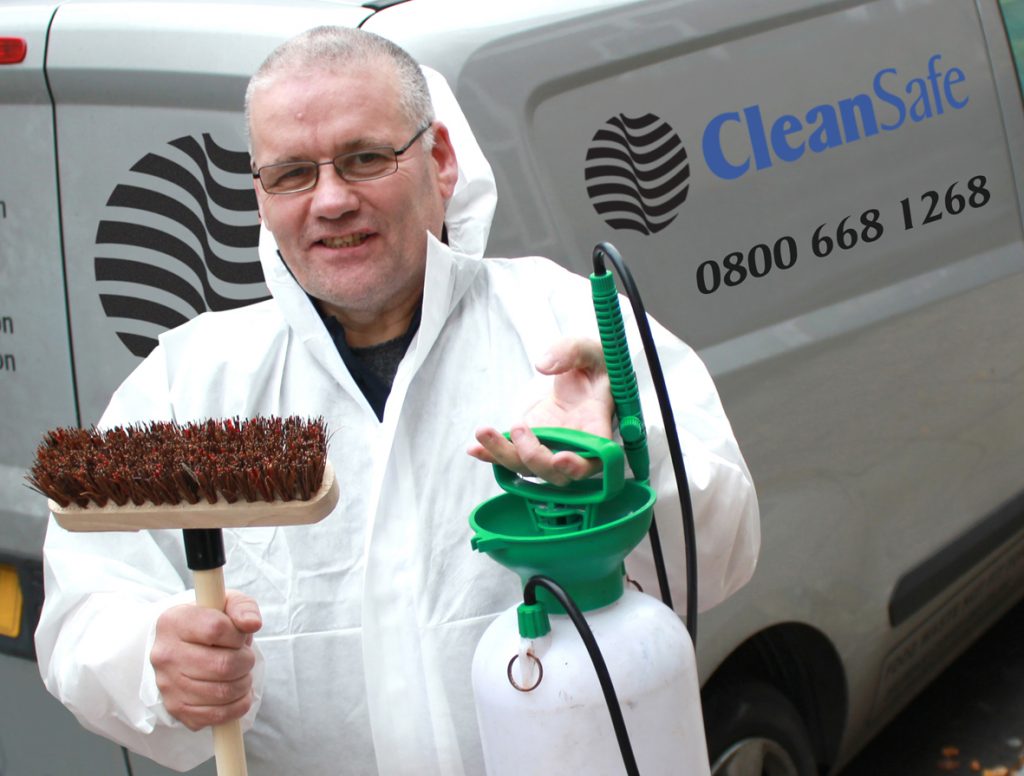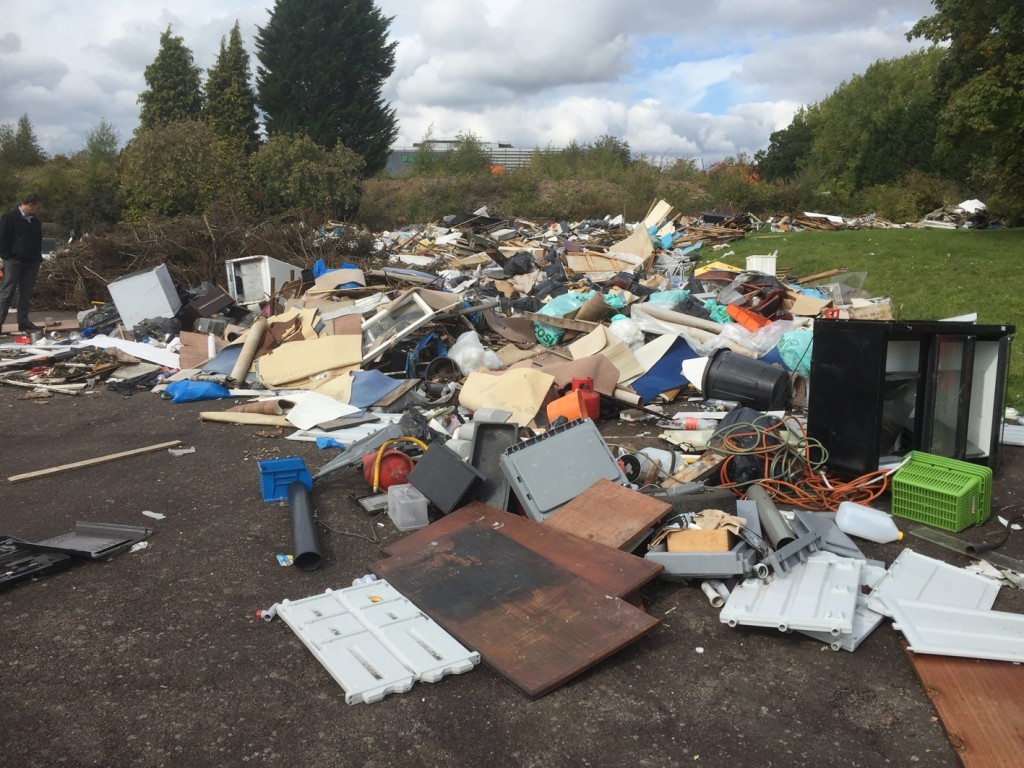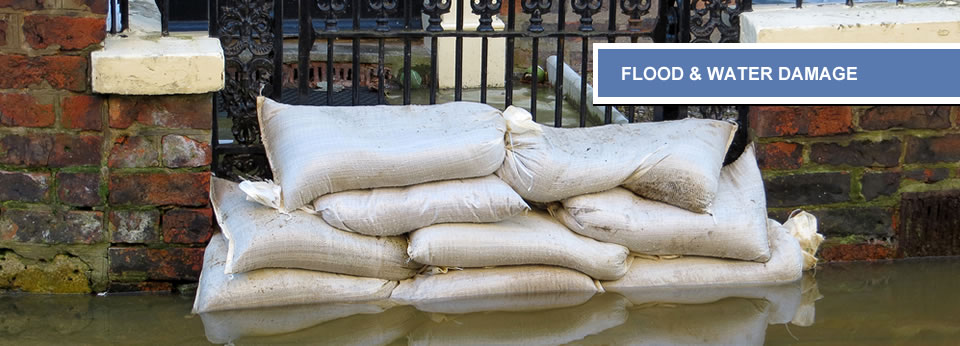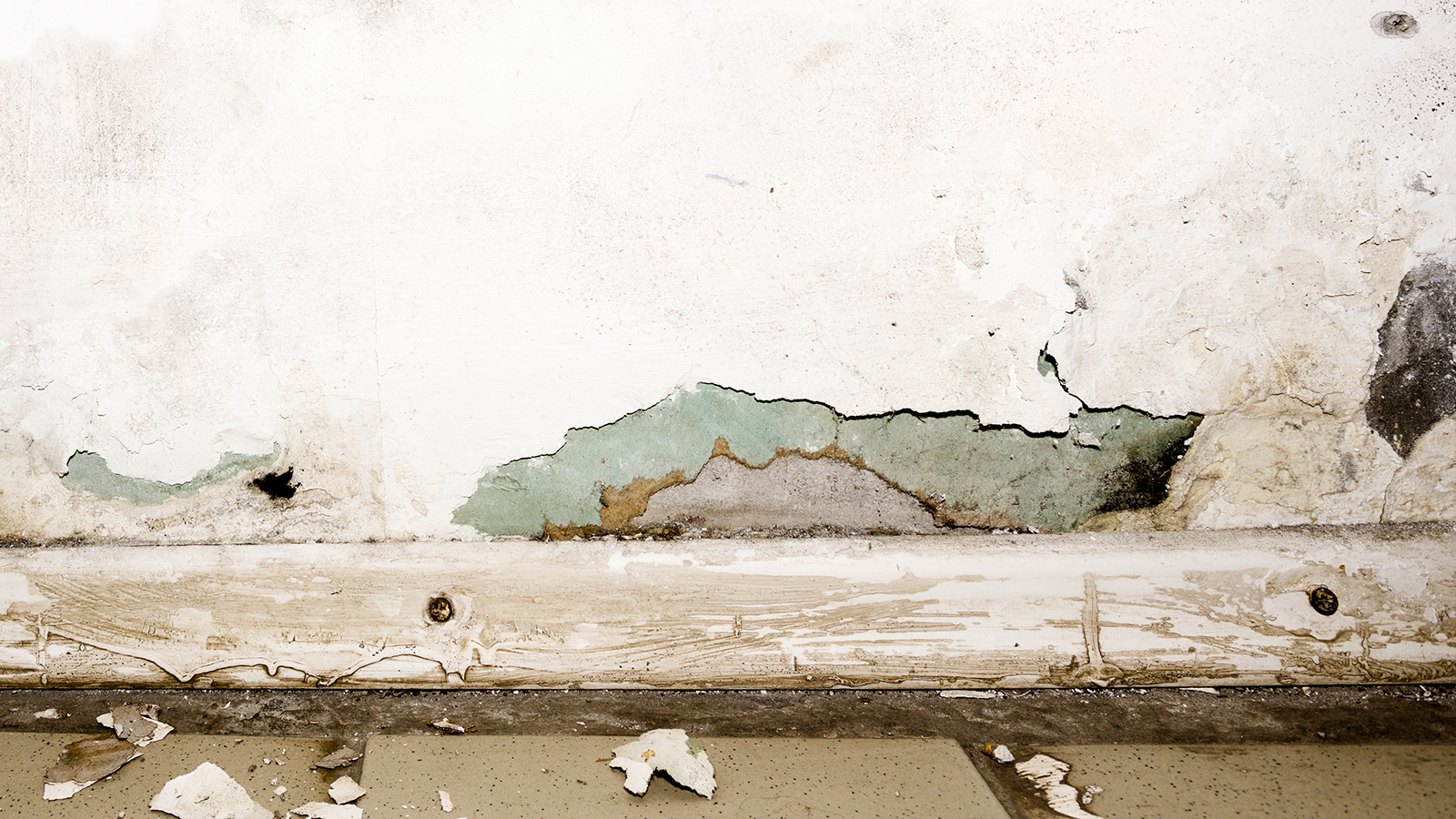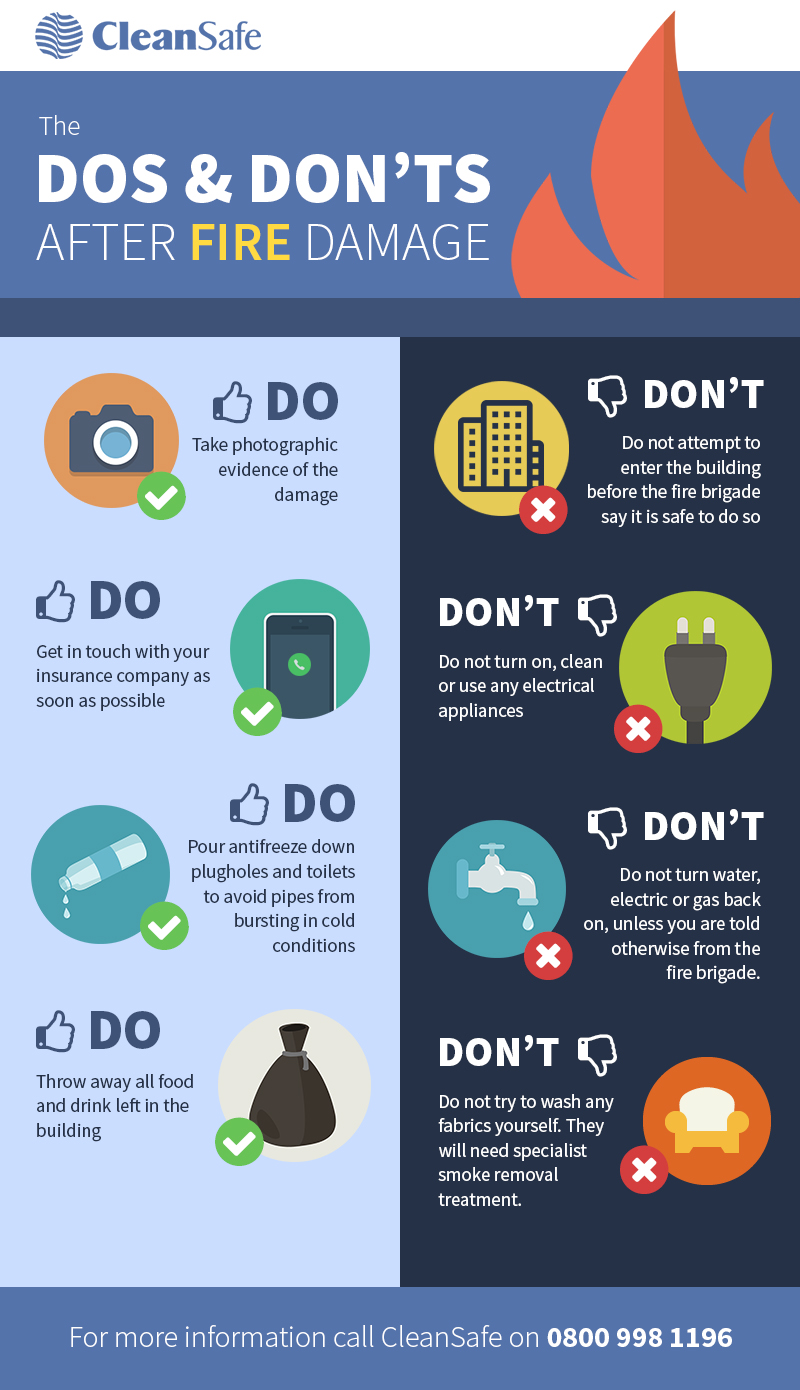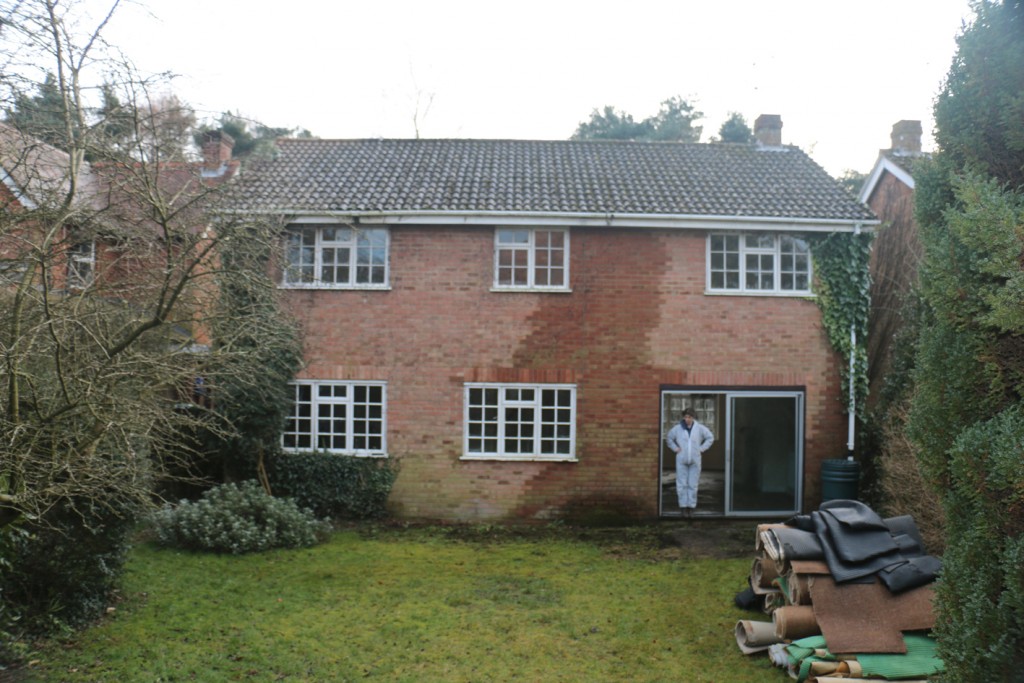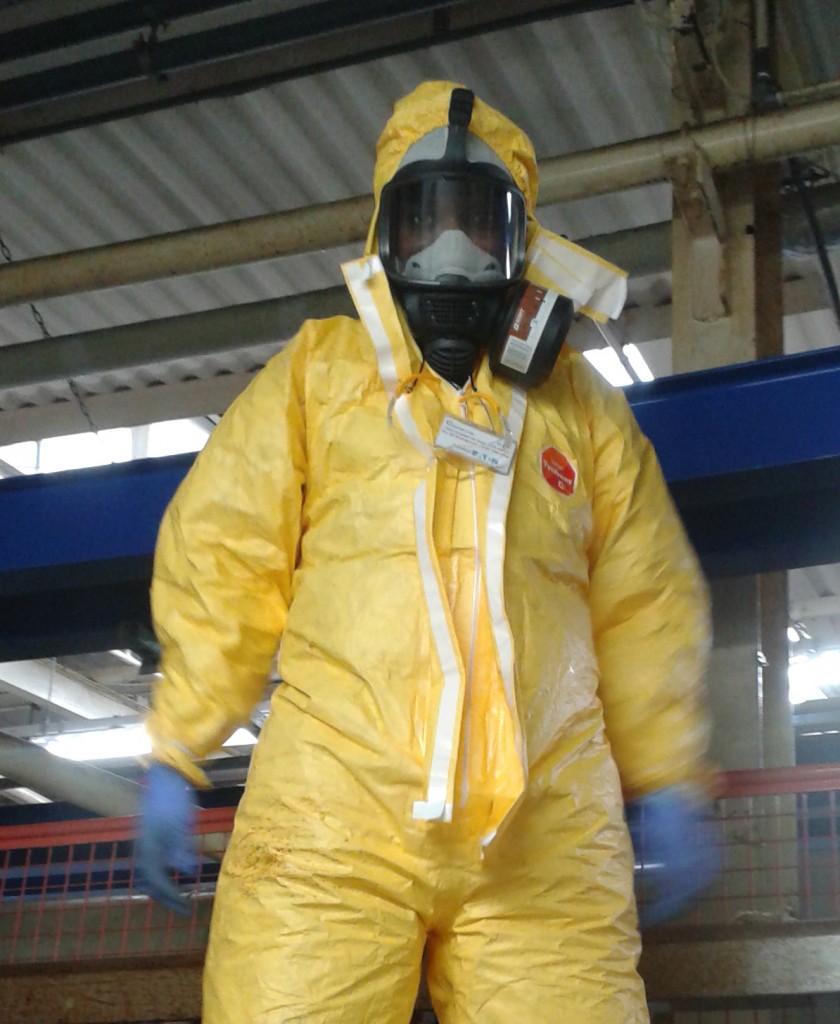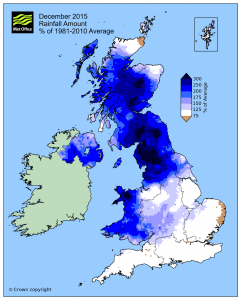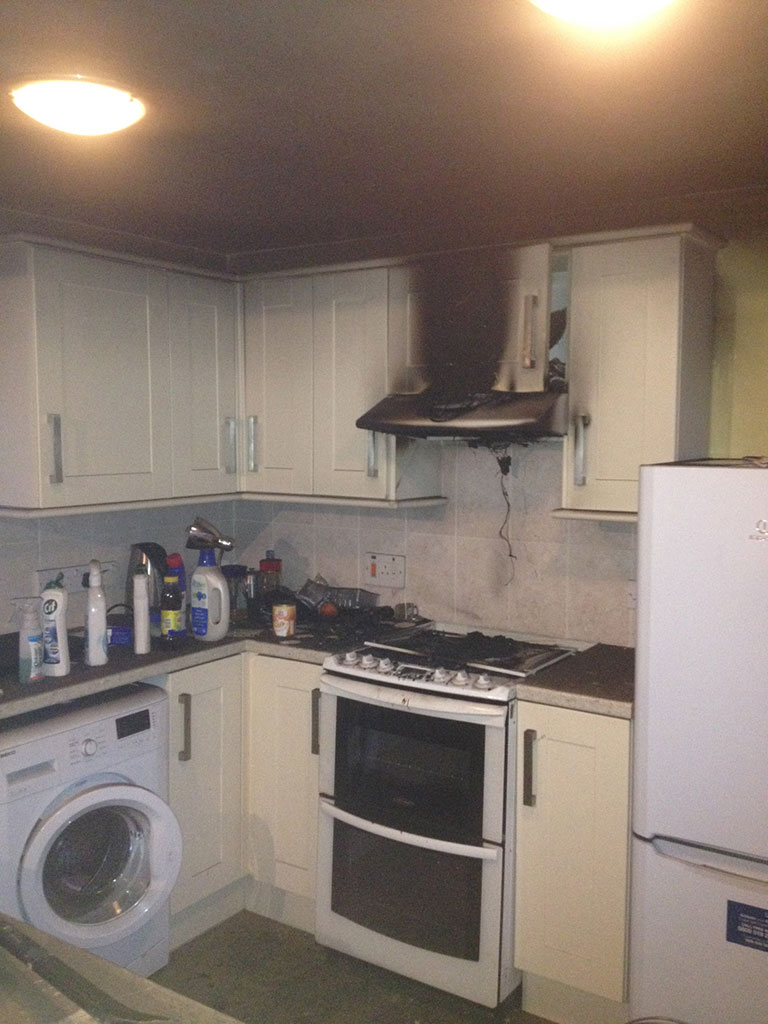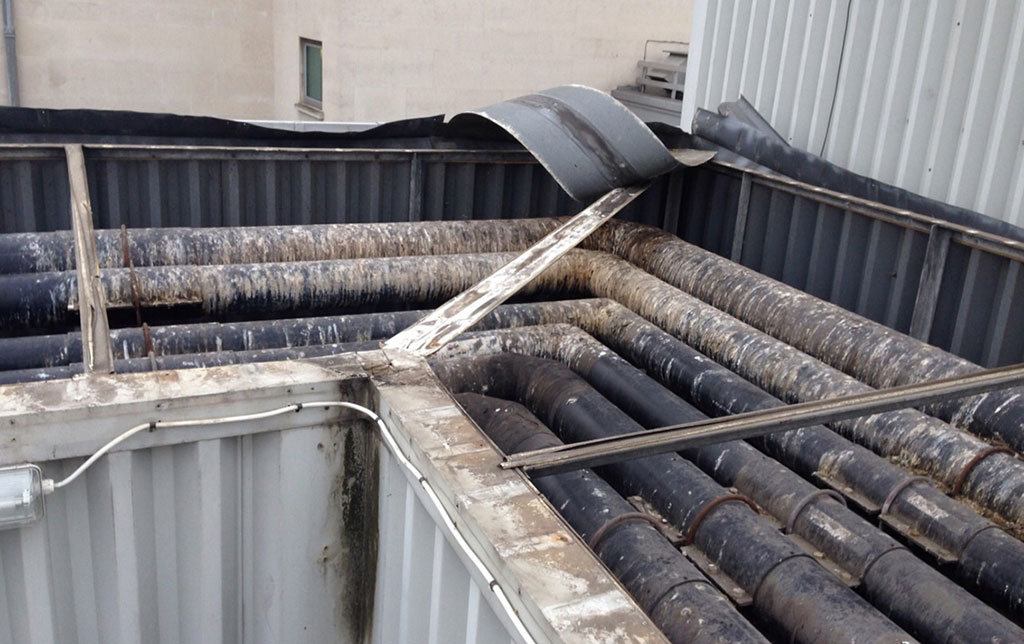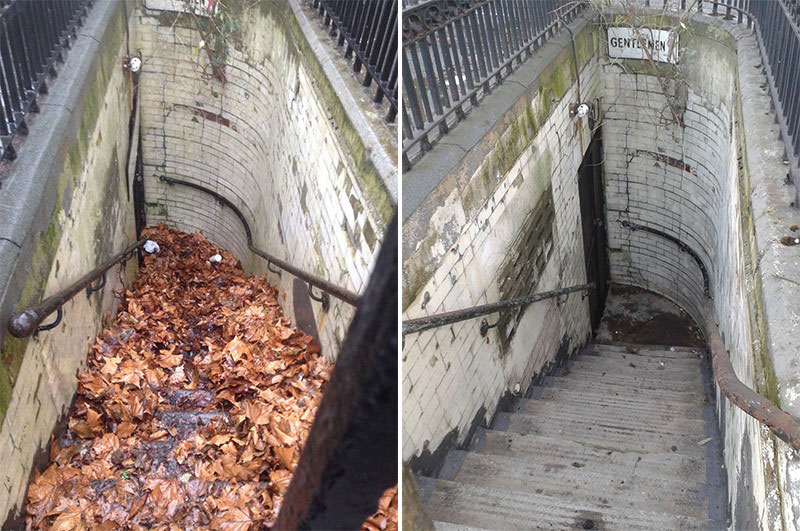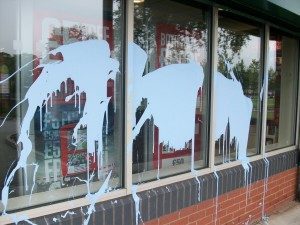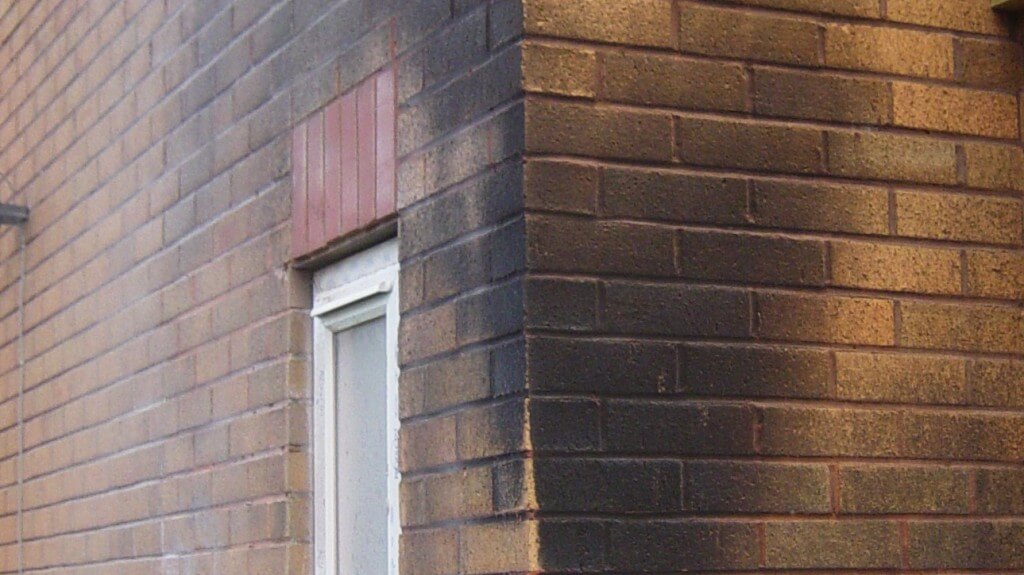Summer is the time for enjoying the outdoors and taking things easy.
Yet, for many cleaning professionals in the food and hospitality industries, it is also the time when hygiene risks escalate and extra care is needed.
Having strict hygiene standards is essential in food processing factories, restaurants, hotels and entertainment venues. An effective cleaning regime is a key element of that approach.
However, during summer businesses that process and serve food are under particular pressure due to the seasonal demands placed upon them, and the increased risk of food-borne pathogens.
Too many customers, not enough staff
For many hotels and tourist-related businesses, summer is make or break, commercially. The aim is to serve as many customers as possible. Yet often experienced and skilled staff are scarce. This encourages businesses to cut corners, not least when it comes to cleaning regimes.
Contamination of food preparation areas
We might not believe it in the UK sometimes, but it gets warmer in the summer. There are periods when temperatures soar. At these times, external doors to food preparation areas can be left open. Staff go outside more on their breaks. This increases the risk of contamination of food preparation areas, both from staff bringing in bacteria and viruses, and airborne pathogens being carried into food preparation areas.
Food production demand
Both for the hospitality industry and the food processing sector, summer is the time when a lot of fresh produce is brought in and prepared. Many food factories are busy, also, producing for future demand, such as Christmas. At these times, it should not happen, but cleaning regimes can be stretched, sometimes to breaking point.
Equipment overload
With higher temperatures, coupled with high production demand, refrigeration and HVAC systems can become overloaded. Breakdowns lead to contamination risks, and food waste management issues, both of which add to the pressure on cleaning teams.
So, what is the answer? Well, one is to plan ahead, and most food processors, hotels, restaurants and hospitality venues do just that. Planning in additional specialist cleaning help for when it is needed can take the pressure off in-house teams. That includes carrying out commercial kitchen deep cleaning and kitchen ducting cleaning.
Cleaning contingency planning
Carrying out hygienic deep cleaning at the appropriate times during the year, and over the summer period, gives extra assurance that base level standards can be met, and due diligence in terms of hygiene controls can be demonstrated.
Also, having in place contingency plans and the right contacts with extreme cleaning specialists, and emergency food waste management specialists ensures management teams can focus on the here and now, in terms of meeting customer demand, knowing help is only a call away.
CleanSafe Services and its sister company, WasteSafe Services, are national leaders in deep cleaning and emergency waste disposal in food production and hospitality environments.
They work with some of the UK’s top food processors, retailers and restaurant chains, carrying out planned deep cleaning and providing a reactive emergency cleaning and waste management service.
Cleaning standards are maintained. Customers remain delighted and safe, and the reputation of clients are protected.


